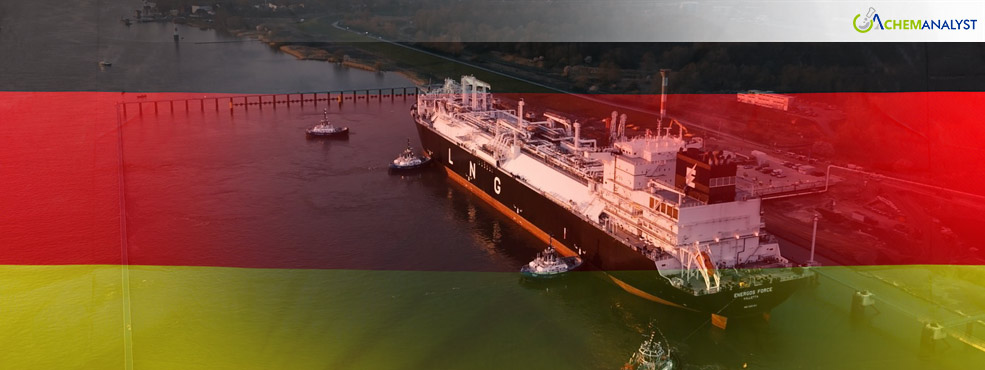Welcome To ChemAnalyst

Germany's Wilhelmshaven liquefied natural gas (LNG) terminal, built in response to the European energy crisis, will not be operational in the first quarter of 2025.
Deutsche Energy Terminal GmbH (DET), the government-owned operator, announced a pause in regasification activity between January 5th and April 1st, 2025. The decision comes as European gas supplies have stabilized, and prices have fallen significantly.
"Our capacities have already made a significant contribution to calming the market," DET said in a statement. "Gas prices have since fallen significantly."
The Wilhelmshaven terminal, which primarily receives LNG from the United States, boasts a significant capacity of 7.5 billion cubic meters per year. This represents a substantial portion of the EU's total LNG imports, which reached approximately 120 billion cubic meters in 2023.
While the pause is not yet finalized, DET emphasized the need to establish a long-term marketing strategy for the terminal that aligns with market conditions. Preparations for this strategy are currently underway.
The news coincides with a broader decline in European natural gas futures. Prices dropped below €40 per megawatt-hour on Monday, a sharp reversal from the one-year highs witnessed a week ago. Ample gas supplies, milder weather, and alternative sources for European nations have eased concerns about supply shortages.
European gas inventories remain robust, with storage levels exceeding last year's at this time. Additionally, favorable weather forecasts predict above-average temperatures in Central Europe for the coming weeks.
Germany is pursuing a climate-neutral future by 2045, phasing out nuclear and coal power in favor of renewable energy. However, natural gas remains crucial during this transition, bridging the gap until renewable capacity is sufficient. Dependent on imports for over 90% of its natural gas, Germany also plays a vital role in supplying its European neighbors. The loss of Russian pipeline gas created a significant supply deficit, prompting immediate government action to bolster energy security.
Key to this effort was the establishment of DET to operate newly created LNG import terminals. These terminals, including operational facilities in Wilhelmshaven and Brunsbüttel, and upcoming sites in Stade and Wilhelmshaven 2, are crucial for diversifying gas sources. DET's core functions include managing these sites and marketing their regasification and injection capacities. In 2023, DET terminals injected approximately 59 TWh of energy into the German grid, equivalent to 18% of household and commercial consumption, or 7% of total German consumption. These LNG imports have significantly improved gas availability compared to 2022, contributing to price stabilization. As a traditional transit country for European gas flows, Germany recognizes its responsibility to ensure regional energy security and prepare for potential supply shortages.
We use cookies to deliver the best possible experience on our website. To learn more, visit our Privacy Policy. By continuing to use this site or by closing this box, you consent to our use of cookies. More info.
